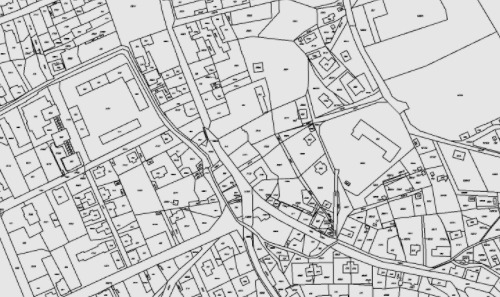Free, open access to the Czech Republic's land registry will end as of June 1 when the public resource will be fully available only to registered users. Critics of the move see this as an anti-progressive move that pushes the dream of digitalized e-government further into an unclear future. The lawyer Petr Novotný has gone further, claiming the decision is illegal and goes against the constitution, and against the very principles of a democratic nation based on the rule of law.
"Access to information is one of the basic principles of a democratic, legal state," he said . . .
------------------------------------------------------------------------------
Subscriber content
Archival content is available to subscribers only. If you have a membership subscription and are are experiencing issues logging in, please try the login below:
If you're interested in reading further, why not gain full access to the archives by subscribing?
Order your subscription here and we'll send you an invoice.
Annual memberships (€100/yr) can also be paid for by credit card, or you can pay month-to-month by clicking here.






